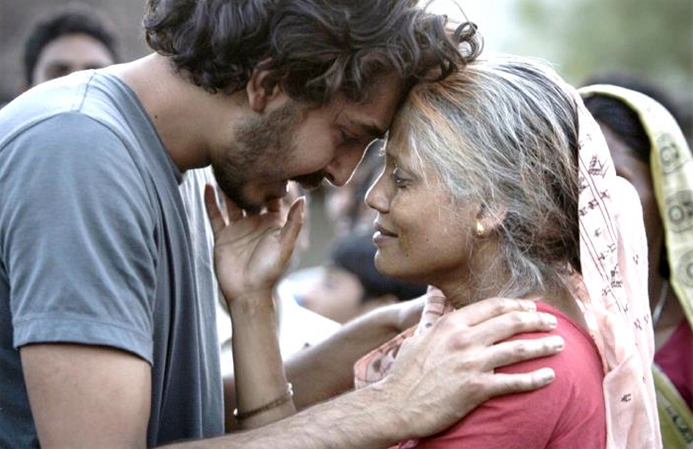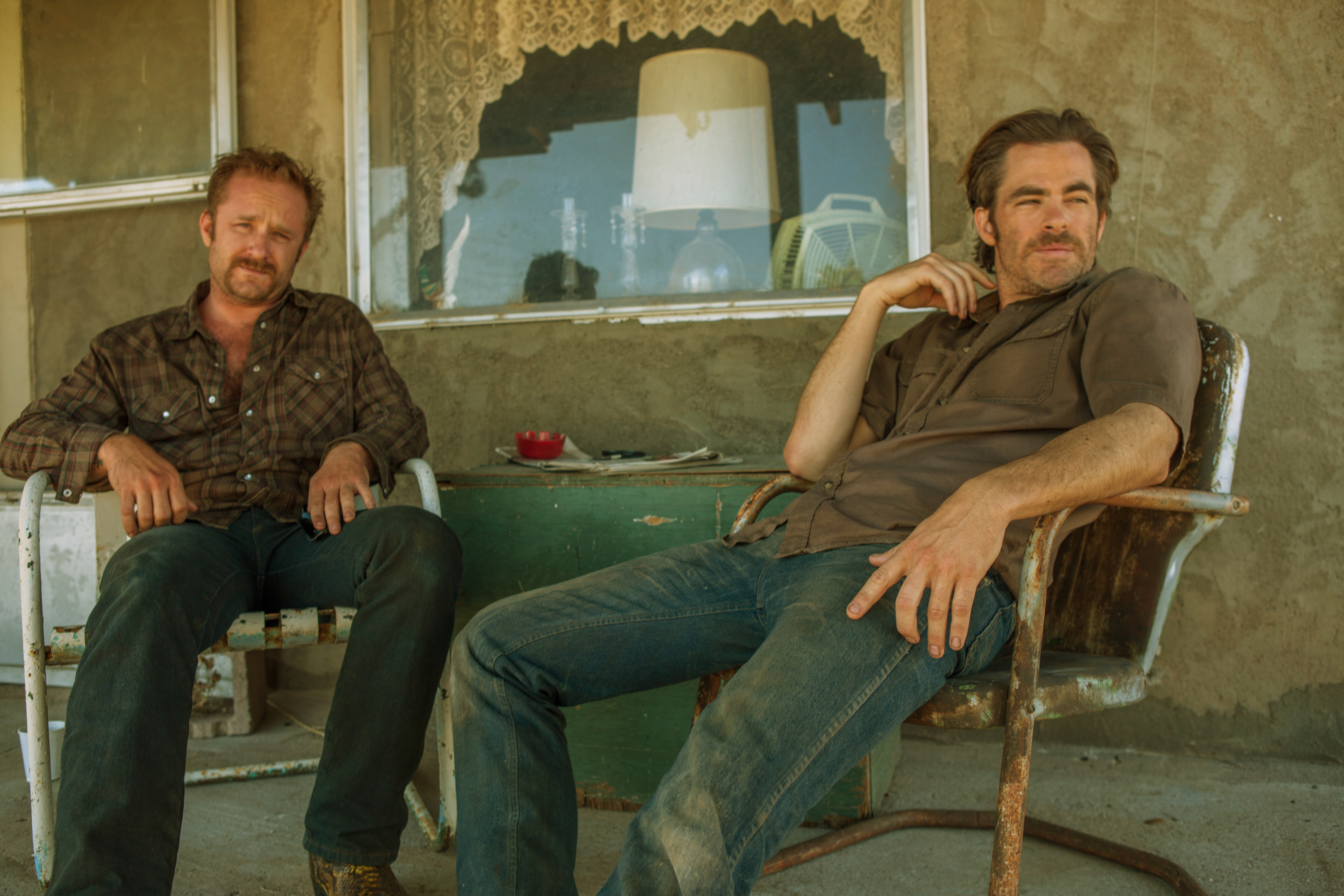At face value, “Lion” is reminiscent of a Charles Dickens novel–a little boy who, separated from everything he knows, evolves and changes as he embarks on a journey he never asked for. It’s a story that with a little more drama and a little more exaggeration would have played as unrealistic. Yet, Garth Davis, the director, tells it with a surprising quietness that roars back in strong performances from the lead actors and compelling cinematography.
The first part of the film follows the protagonist, Saroo (played by Sunny Pawar), a young boy who, while following his older brother (whom he idolizes) to one of his many odd jobs, ends up on a train travelling miles and miles away from his home. He ends up in Calcutta, and when he realizes that the authorities don’t understand what he is saying or where he wants to go, he quickly adapts to the world around him. This part of the film doesn’t contain much dialogue, and it really doesn’t need to. What works here is the fact that we see the journey through the youthful and innocent lens of Saroo. While he is intelligent enough to understand when a situation is good or bad for him, he doesn’t exactly know what is going on.
The second part of the film begins after Saroo is placed in an orphanage by authorities, and realizes that he won’t find his family easily. He is then adopted by an Australian couple (played by Nicole Kidman and David Wenham). The relationship portrayed between Saroo, his adopted family and his soon-adopted brother, is another aspect of the film that is weaved through the background. Saroo grows up with a loss of identity, never really understanding who he is. When encountering Indian classmates in college, for example, he’s uncomfortable with their questions of where he’s from and who he is.
It’s a difficult dynamic to portray–Saroo is a young man who is happy with his life and loves his family, but can’t help but vividly remember parts of a life he had before–yet actor Dev Patel does a masterful job of portraying this inner struggle. When he takes a bite of a jalebi, an Indian orange sweet, or utters the words “I’m lost,” you can hear the struggle beating against the premise that he’s had a good life. Eventually, it’s his girlfriend Lucy (played by Rooney Mara), who encourages him to search for his family in India with the use of Google Earth, a journey that threatens to tear him apart, as well as his relationship with his girlfriend and adopted family.
There are some parts of the movie that leave you with a yearning for more depth. The film doesn’t really go into why Mantosh, Saroo’s adopted brother who has mental illness issues as well as an addiction problem, is the way he is. Yet, this might be excusable just by the fact that the film focuses more on Saroo’s understanding and feelings towards these events. Mantosh has always been complicated to Saroo and he doesn’t really try to understand him beyond what is easily apparent. There is only so much time on a screen to tell a story, but the lack of explanation for why Saroo has this animosity for Mantosh seems off-putting, because they go in-depth with the other relationships he has. However, at the end of the day, it doesn’t hurt the narrative of the story as expressed through its many award nominations.
“Lion” is nominated for six Academy Awards, including Best Picture, Best Supporting Actor, Best Supporting Actress and Best Adapted Screenplay. Dev Patel has tasted Oscar victory before, though not directly, in 2009 when “Slumdog Millionaire” won Best Picture. Patel was not nominated that year for his role as Jamal in the film. This makes his nomination for Best Supporting Actor historic – he is only the third actor of Indian descent to ever be nominated, and potentially the second one to win after Ben Kingley won the Academy Award for Best Actor for his role as Mohandas Gandhi in the 1982 film “Gandhi.” And while “Lion” doesn’t immediately shine as brightly as “La La Land” or play as artistically as “Moonlight”, the quiet fierceness of his portrayal of a lost boy gives him a good chance.
The story of Saroo Brierley is technically a story we already know. It’s not a movie that can be spoiled, as the story of a young man finding his family through Google Earth so many years later played on most news cycles. So, it’s not the adventure or the what comes next that makes “Lion” great, but rather it’s the portrayal of humanity that exists within the film. Whether it’s through the artful flashbacks during the second half of little Saroo in his village, the quiet, pensive moments where older Saroo sees his older brother in the distance in the desert of Tasmania, or the strength that Sue Brierley wields to hold her misfit family together, the movie doesn’t try to inspire as much as it tries to reflect. It’s not in your face or theatrical, but rather it’s introspective and builds a quiet yearning within you. At the end of the movie you’re rooting for older Saroo to find his inner-little Saroo, the young wide-eyed boy whose happiness and love radiated on to everyone.


